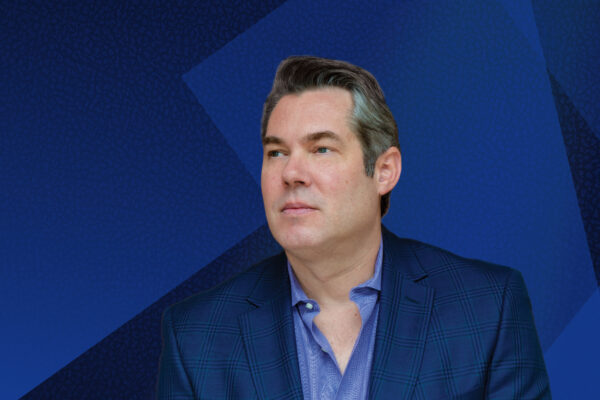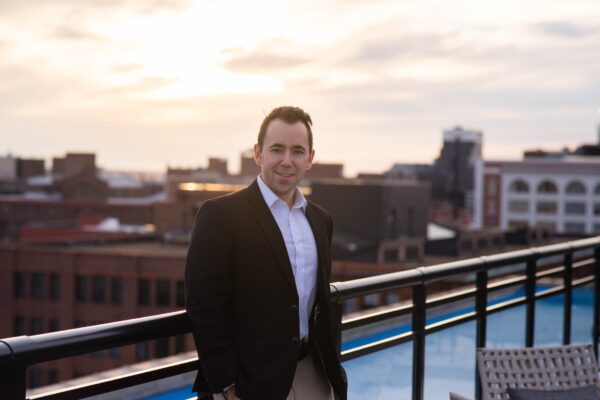Arsalan Iftikhar, AB ’99, JD ’03, has spent his career speaking out against Islamophobia. In his latest book, he says the need to stand against hate is more urgent than ever. Iftikhar is a human rights lawyer and frequent news commentator who wrote Fear of a Muslim Planet: Global Islamophobia in the New World Order. In the book, he shows how Islamophobia — a hatred or fear of Muslims — has spread across the globe, its impact and dangers, and how to take a different path, all while he commemorates the 51 victims of the 2019 mosque attack in Christchurch, New Zealand.
Christchurch was one of the worst acts of mass murder against a religious minority in the Western world in modern history.
The killer was live-streaming it on Facebook Live. I actually saw the video. They took it down, but I was watching it live. It was like watching a Call of Duty video game with real human beings. And you think that you can imagine that, but you can’t until you actually see it. And that’s why I decided to tell the stories of the 51 folks who died, because people need to remember them.
A lot of the book was precipitated by Donald Trump. Trump issued the Muslim travel ban. Sadly, the modern Republican Party has normalized xenophobia, racism [and] bigotry as part of their political platform.
It’s been 20 years of putting out fires. It’s been 20 years of trying to figure out how we as an American society domestically, and as a human race worldwide, get out of this march toward ethnonationalism.
The book is called Fear of a Muslim Planet, which is a twofer for me, because I’m an old-school hip-hop head, and it’s an homage to Public Enemy’s 1990 seminal album, Fear of a Black Planet. But it also ties into that same hysteria that the Muslims are coming to take over the world. And I always laugh. I’ll do interviews, and I’m asked: “Are Muslims coming to take over America?” How are we trying to take over? We have three members of Congress. We have zero senators. We have zero governors. There’s zero Muslim Supreme Court justices. If Muslims are trying to take over America, we’re doing a terrible job. But facts don’t matter to some people.
For me, everything revolves around incremental humanization. When somebody is even incrementally humanized, that means that others will be less likely to demonize or scapegoat them. As a human rights lawyer, I try to see the humanity in every single person.”


